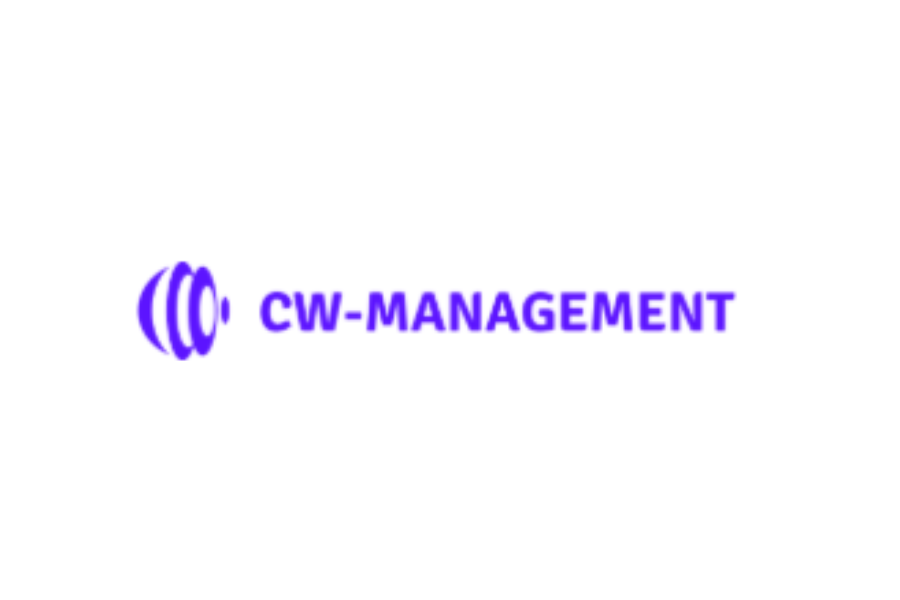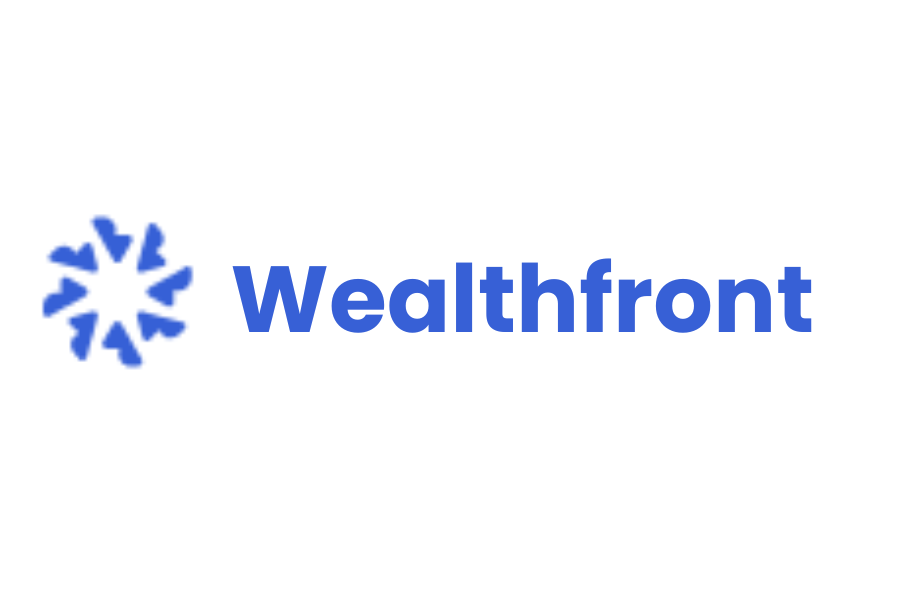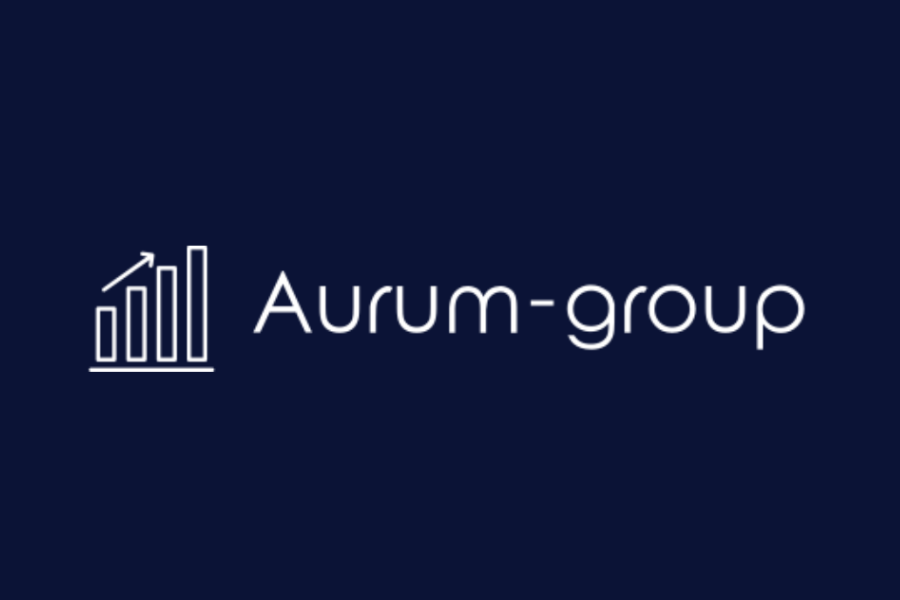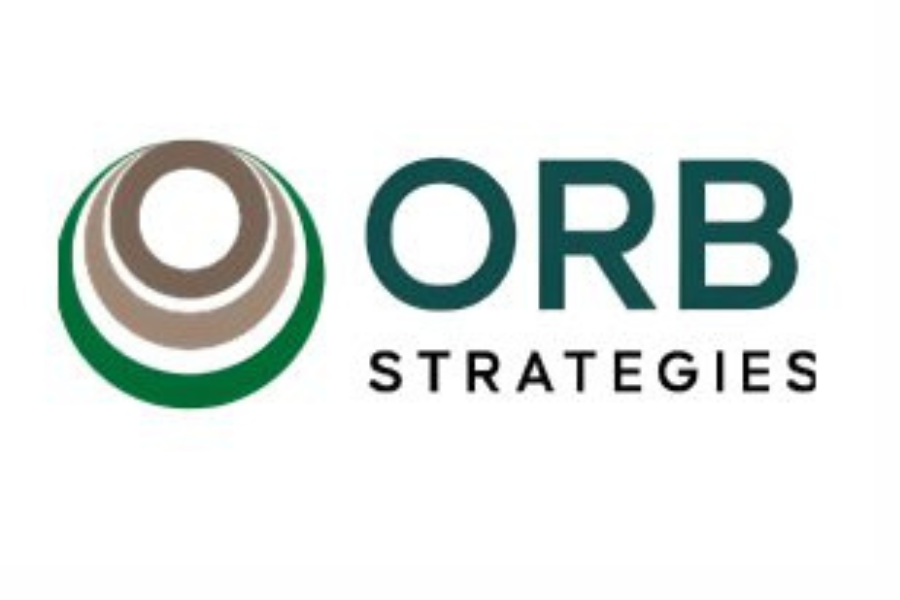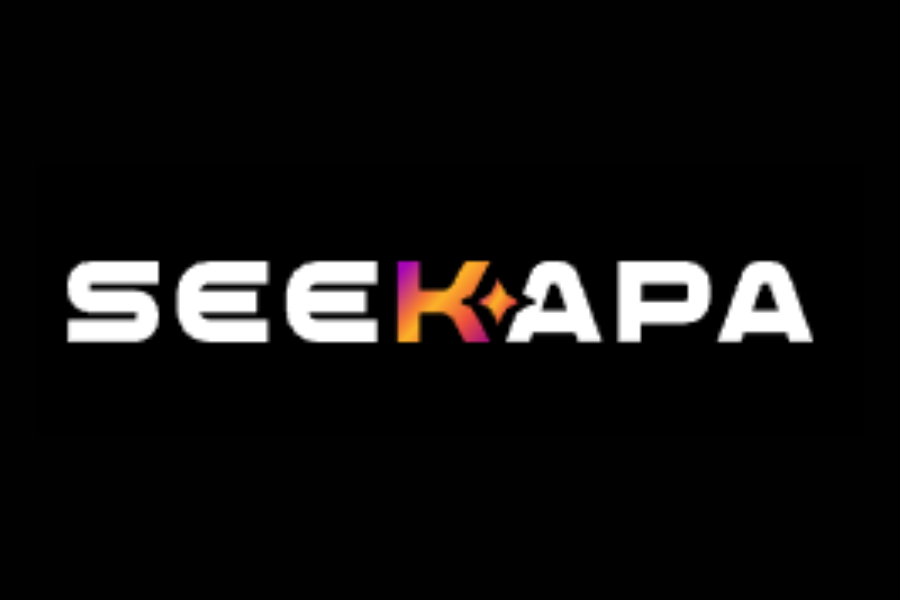ICO News
ICO Updates Position On Web-Scraping For AI Development
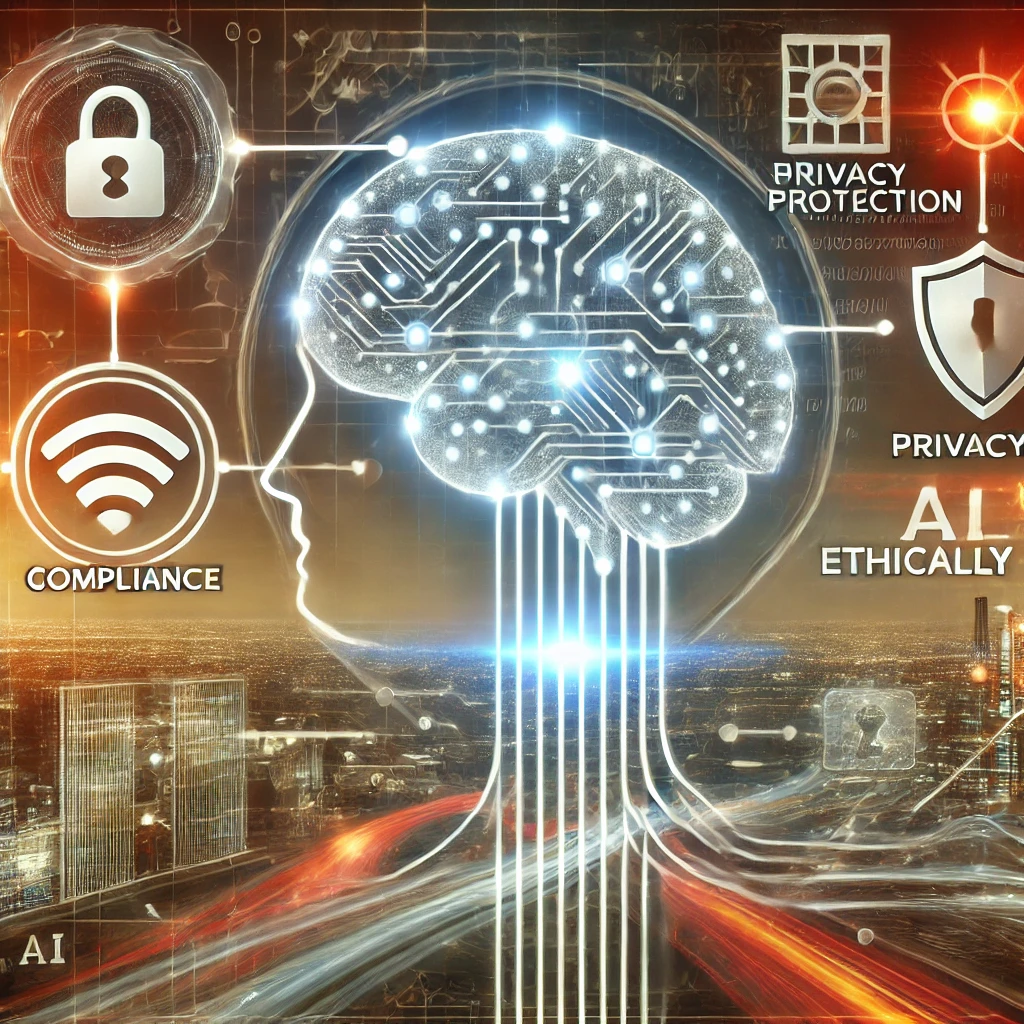
Introduction
In an era where artificial intelligence (AI) has rapidly evolved into a cornerstone of technological advancement, data has emerged as the new oil powering this innovation. However, the means of acquiring this data, particularly through web scraping, has raised ethical, legal, and regulatory concerns globally. Recognizing these challenges, the UK’s Information Commissioner’s Office (ICO) has updated its guidance on web scraping in late 2024. This move aims to establish a clearer framework for data usage in AI development while addressing privacy concerns.
This article explores the implications of the ICO’s stance, the legal landscape of web scraping, and its potential impact on the development of AI systems.
The Background Of Web Scraping In AI Development
Web scraping involves automated tools and software that extract data from websites. This practice is extensively used in training AI models, as vast quantities of data are essential for enhancing AI accuracy and performance. Whether for natural language processing (NLP), image recognition, or predictive analytics, web scraping has become an indispensable part of AI pipelines.
However, the legality and ethics of web scraping are often contentious. Companies and website owners frequently argue that scraping violates intellectual property rights and data protection laws. On the other hand, advocates for AI development contend that scraping publicly accessible data is a legitimate means of innovation.
ICO’s Evolving Role In Data Governance
The ICO, the UK’s independent authority for data protection and privacy, has played a pivotal role in shaping policies that balance technological progress with individual rights. In December 2024, the ICO released updated guidelines explicitly addressing web scraping and its intersection with AI development.
This update aligns with the General Data Protection Regulation (GDPR) framework, emphasizing transparency, accountability, and the minimization of data misuse. The new guidelines also aim to bridge the gap between fostering innovation and ensuring privacy rights are respected.
Key Highlights Of The ICO’s Updated Position
Consent and Transparency
The ICO emphasized that organizations scraping data must ensure transparency in their operations. If data scraping involves personal information, explicit consent from individuals is often necessary unless exemptions apply under the GDPR.
Data Minimization and Purpose Limitation
The guidance reiterates the principle of data minimization. Only data that is strictly necessary for a specified purpose should be collected. Organizations must demonstrate that their scraping activities align with clearly defined objectives and avoid over-collection of information.
Ethical AI Considerations
Recognizing the ethical concerns surrounding AI training, the ICO highlighted the need for responsible use of scraped data. AI developers are encouraged to evaluate whether their models perpetuate biases or misuse personal information.
Risk Assessments and Accountability
Organizations engaged in web scraping must conduct thorough Data Protection Impact Assessments (DPIAs) to identify potential risks. The ICO also stressed the importance of accountability measures, including appointing Data Protection Officers (DPOs) and maintaining robust data governance practices.
Implications For AI Developers
Increased Compliance Costs: Adhering to the updated guidelines may require organizations to invest in additional compliance measures, such as hiring legal experts or implementing data governance frameworks.
Shift Toward Alternative Data Sources: With stricter regulations on web scraping, developers might turn to alternative methods for acquiring data, such as partnerships, licensing agreements, or synthetic data generation.
Enhanced Public Trust: By promoting ethical data practices, the ICO’s stance could enhance public trust in AI systems, making consumers more likely to adopt AI-driven technologies.
Global Ripple Effects: The ICO’s guidelines may influence other regulatory bodies worldwide, prompting a global reevaluation of web scraping policies and their implications for AI development.
The Legal Landscape Of Web Scraping
Case Studies and Legal Precedents
Several high-profile cases have shaped the narrative around web scraping legality. For example, the LinkedIn vs. hiQ Labs case in the United States highlighted the tension between public data access and platform rights. Similarly, in the UK, the ICO has taken a firm stance against scraping practices that infringe on data privacy laws.
Intersection with GDPR
Under GDPR, personal data collection through web scraping must comply with principles of lawful processing, including consent and legitimate interest. Non-compliance can lead to hefty fines and reputational damage.
Ethical Concerns In Web Scraping
Bias in AI Models
Scraped data may reflect societal biases, which can be amplified in AI systems. Developers must prioritize fairness and inclusivity in their models.
Privacy Violations
The unauthorized scraping of personal data raises significant privacy concerns, especially when individuals are unaware of how their information is being used.
Environmental Impact
Web scraping and AI training are computationally intensive, contributing to energy consumption and carbon emissions. Ethical AI development must account for sustainability.
Best Practices For Compliance
- Whenever possible, organizations should seek consent from data subjects or website owners before scraping.
- Anonymizing scraped data can reduce privacy risks and enhance compliance with data protection regulations.
- Regular audits of scraping activities can help identify potential compliance gaps and ensure adherence to guidelines.
- Engaging with the ICO and similar bodies can help organizations stay updated on regulatory changes and expectations.
Broader Implications For The AI Ecosystem
The ICO’s updated position underscores the need for collaboration between regulators, developers, and data providers to create a balanced ecosystem. By fostering transparency and ethical practices, the guidelines aim to pave the way for responsible AI innovation that respects individual rights.
Conclusion
The ICO’s updated guidance on web scraping for AI development represents a significant step in balancing technological progress with data privacy. While these regulations pose challenges for developers, they also encourage the adoption of ethical and sustainable practices. By aligning with these principles, organizations can drive innovation while maintaining public trust in the rapidly evolving field of artificial intelligence.


